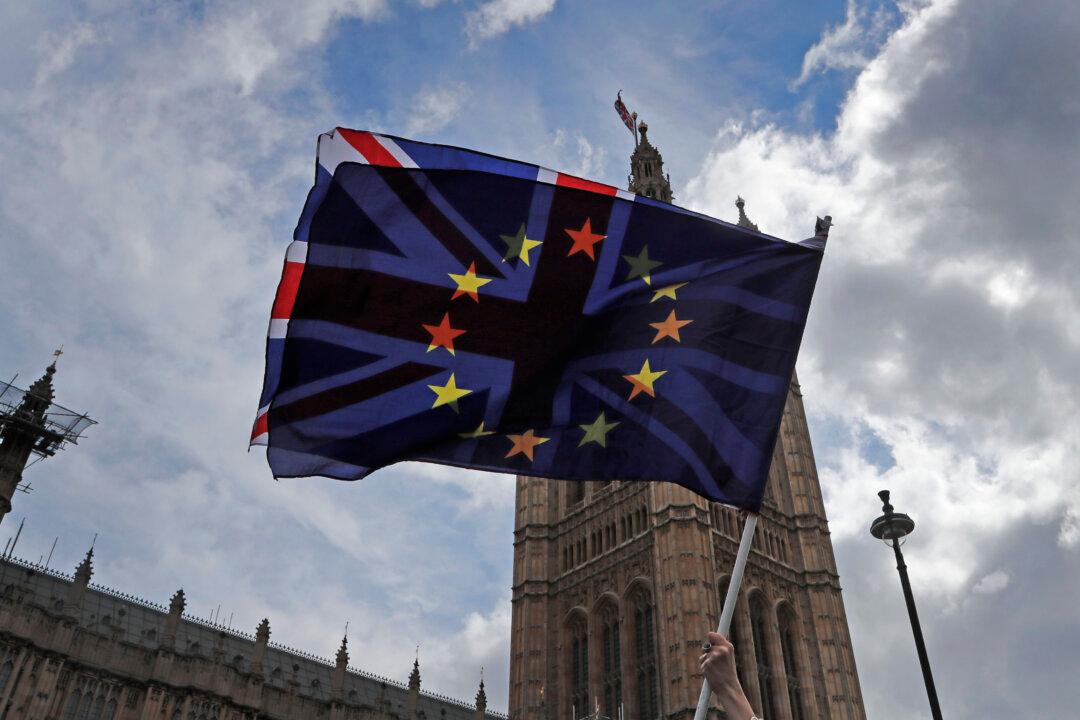British MPs on Wednesday voted to approve the UK–EU agreement on post-Brexit trade and cooperation, which is set to come into effect on Jan. 1 when the UK exits the EU’s single market and customs union at the end of the Brexit transition period.
The House of Commons approved the EU (Future Relationship) Bill by 521 votes to 73. The bill will now be debated and voted on in the House of Lords, whose support is also needed before it becomes law.





